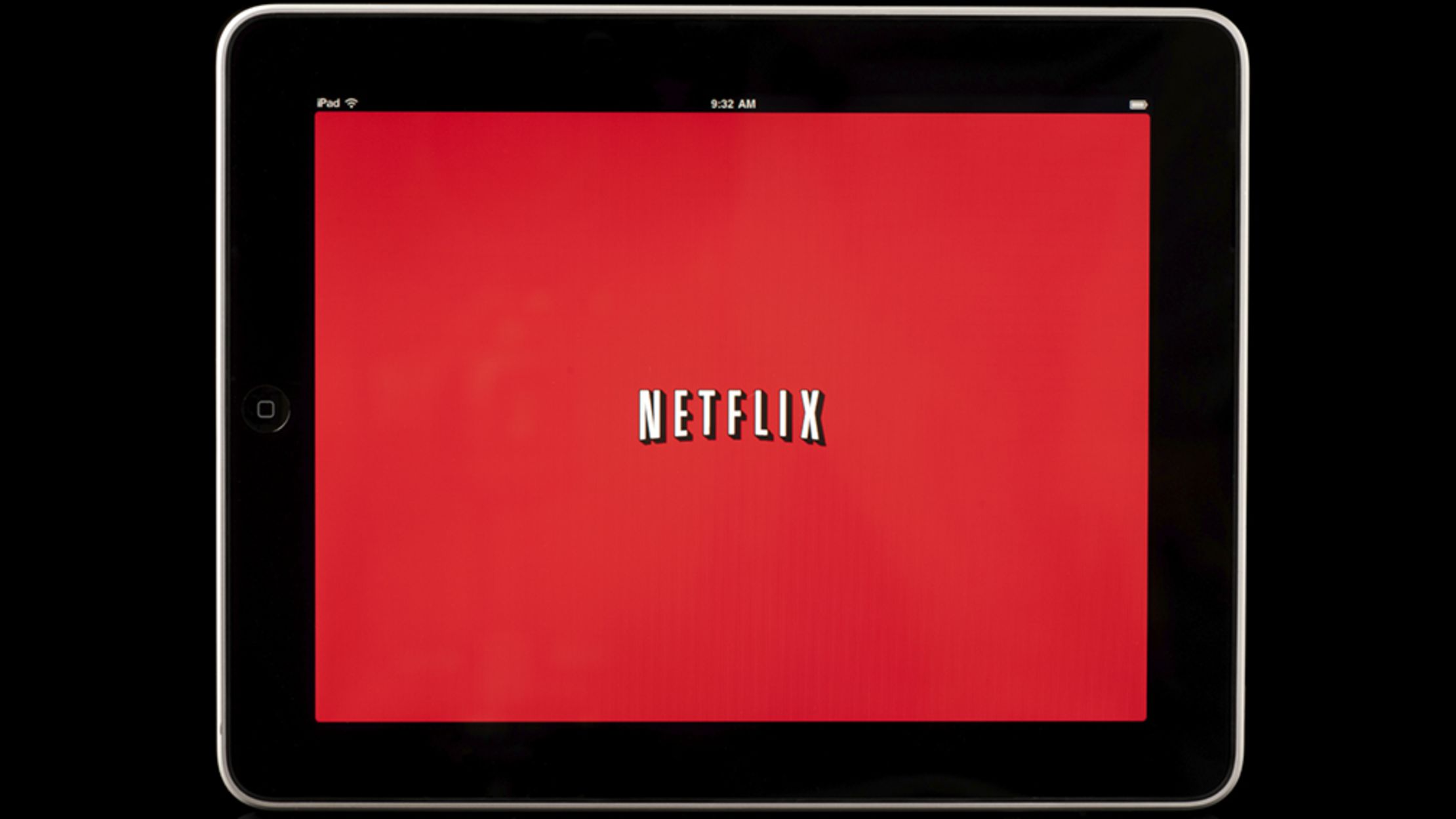

Have any of your talent management innovations been total flops? Not so far.

Which idea in the culture deck was the hardest sell with employees? “Adequate performance gets a generous severance package.” It’s a pretty blunt statement of our hunger for excellence. What reactions have you gotten from your peers to steps such as abolishing formal vacation and performance review policies? In general, do you think other companies admire your HR innovations or look askance at them? My peers are mostly in the creative sector, and many of the ideas in our culture deck came from them. Industrial firms thrive on reducing variation (manufacturing errors) creative firms thrive on increasing variation (innovation). We’re just beginning to learn how to run creative firms, which is quite different. Why aren’t companies more innovative when it comes to talent management? As a society, we’ve had hundreds of years to work on managing industrial firms, so a lot of accepted HR practices are centered in that experience. Many of the ideas in it seem like common sense, but they go against traditional HR practices. More than 100 people at Netflix have made major contributions to the deck, and we have more improvements coming.


It’s what we wish we had understood when we started. HBR: Why did you write the Netflix culture deck? Hastings: It’s our version of Letters to a Young Poet for budding entrepreneurs. Netflix founder and CEO Reed Hastings discusses the company’s unconventional HR practices. Forget throwing parties and handing out T-shirts make sure every employee understands what the company needs most and exactly what’s meant by “high performance.” Talent managers should think like businesspeople and innovators first, and like HR people last. You’ve got to actually model and encourage the behavior you talk up. Leaders own the job of creating the company culture. Don’t rate them on whether they are good mentors or fill out paperwork on time. Offer generous severance rather than holding on to workers whose skills no longer fit your needs. Scrap formal reviews in favor of informal conversations. Ask workers to rely on logic and common sense instead of formal policies, whether the issue is communication, time off, or expenses. Hire, reward, and tolerate only fully formed adults. Now one of those executives, the company’s longtime chief talent officer, goes beyond the bullet points to paint a detailed picture of how Netflix attracts, retains, and manages stellar employees. When Netflix executives wrote a PowerPoint deck about the organization’s talent management strategies, the document went viral-it’s been viewed more than 5 million times on the web.


 0 kommentar(er)
0 kommentar(er)
